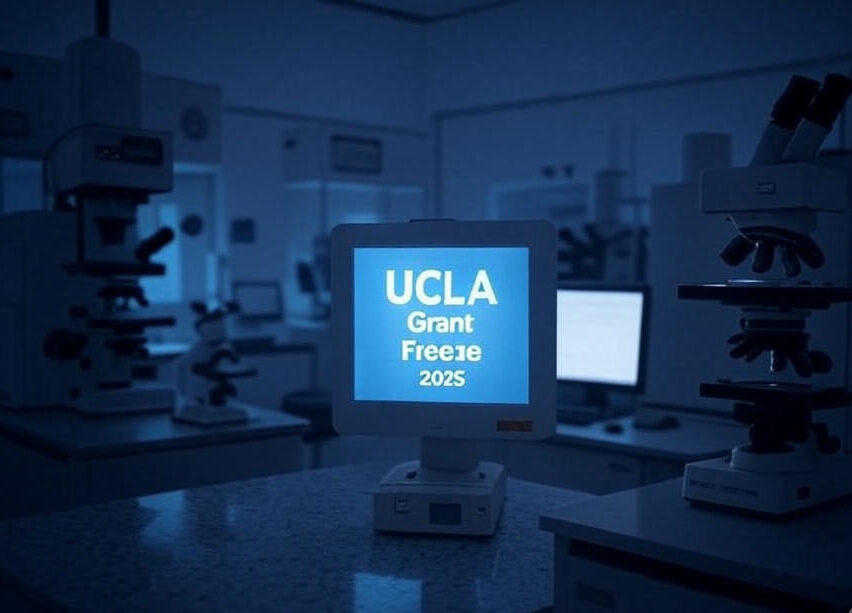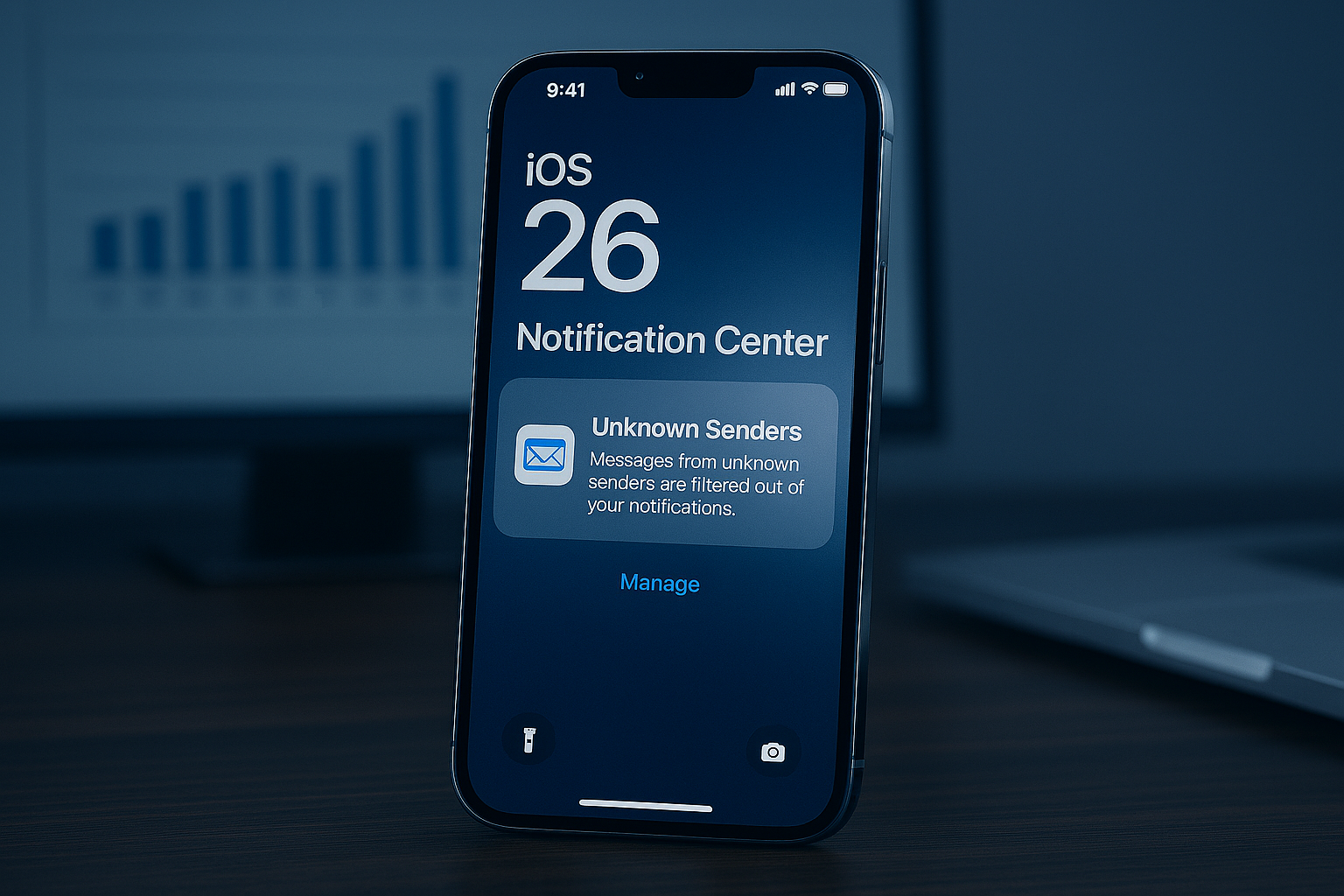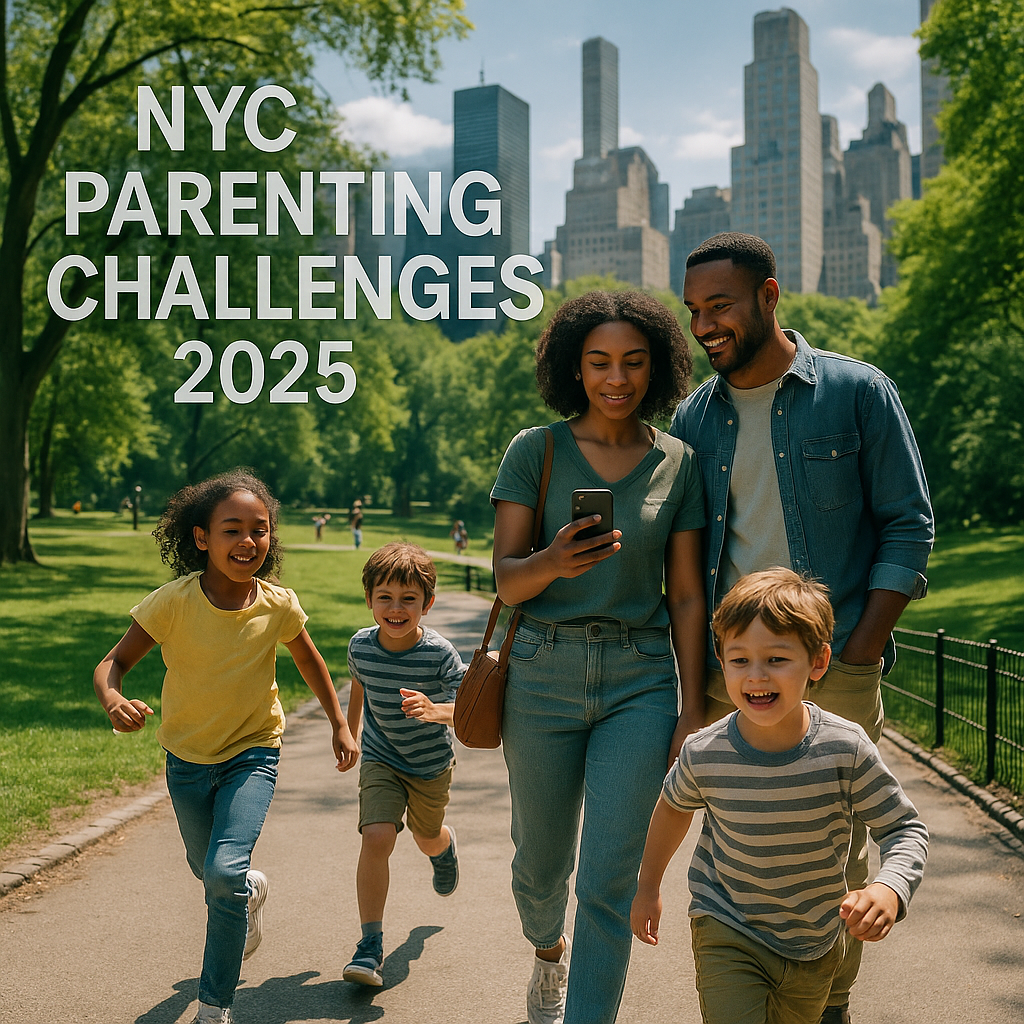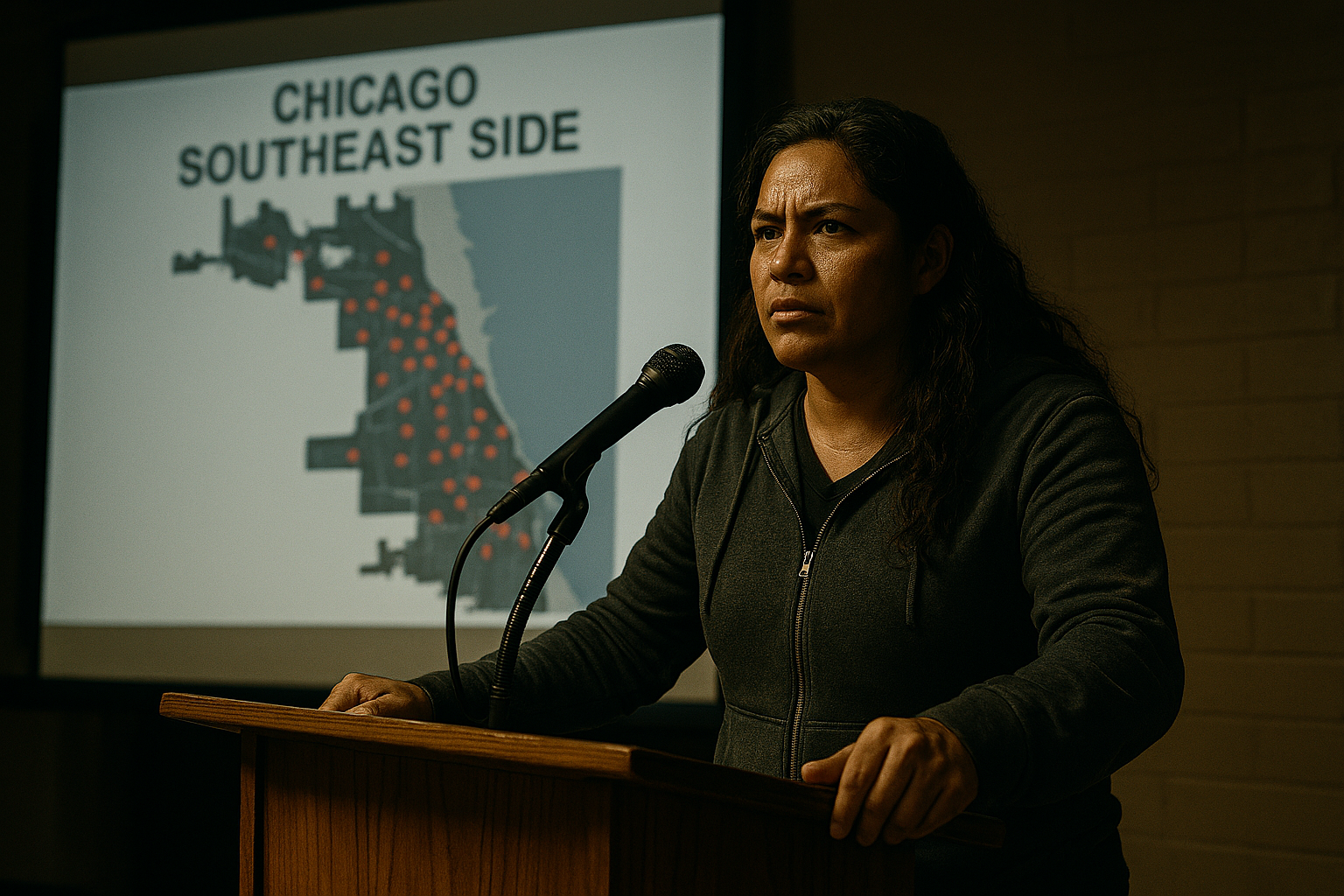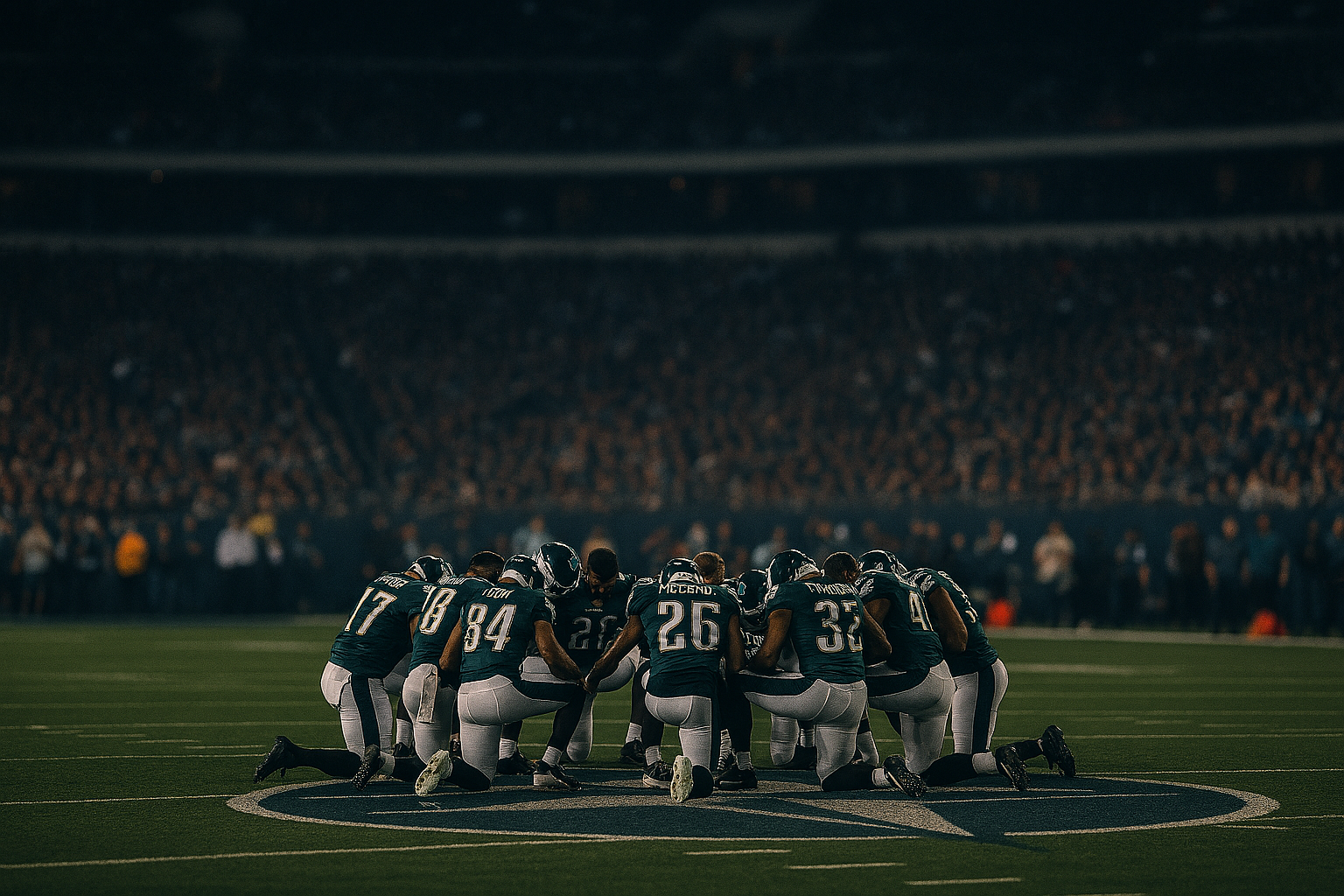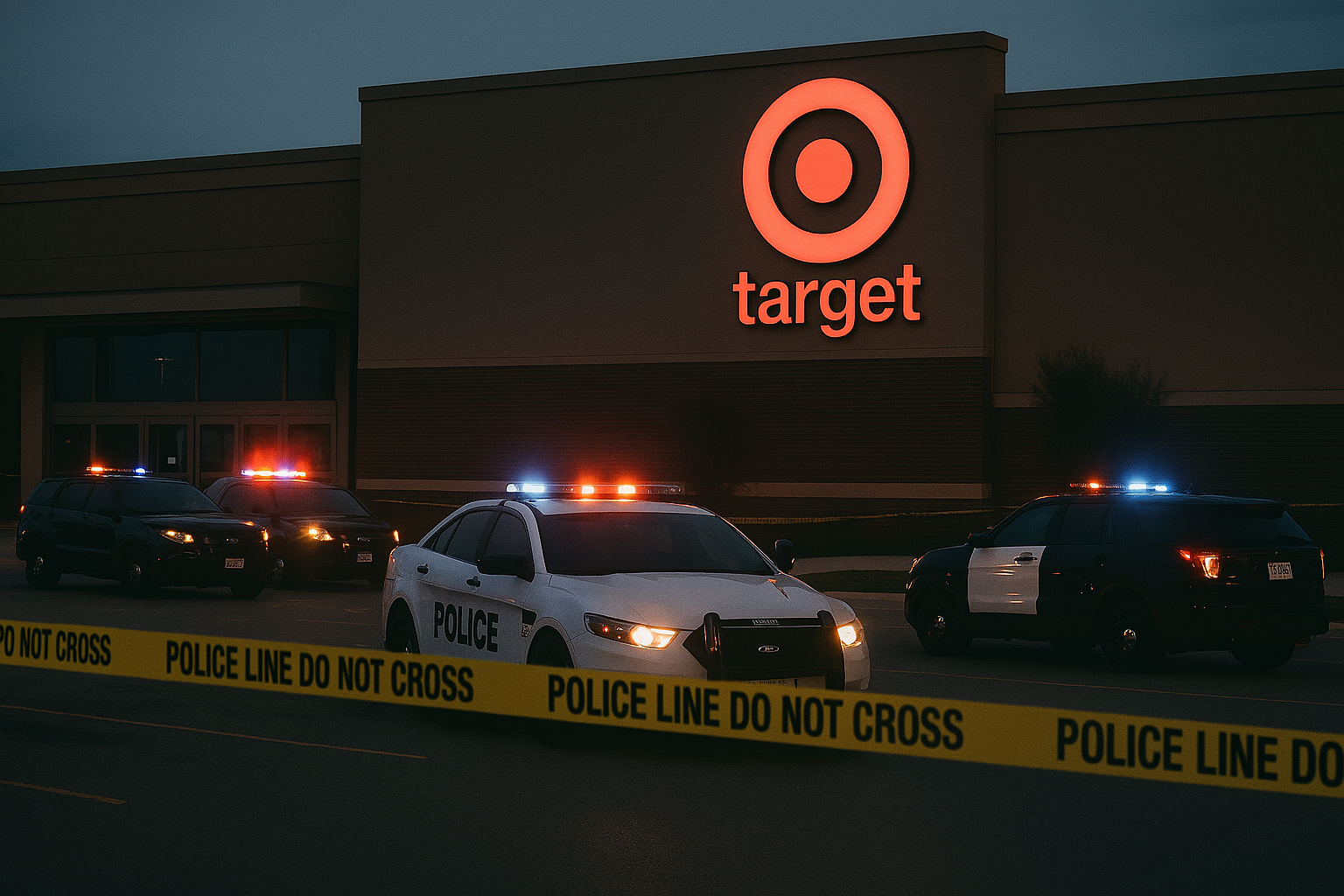Trump Vows DC Crime Crackdown With Federal Force if Elected
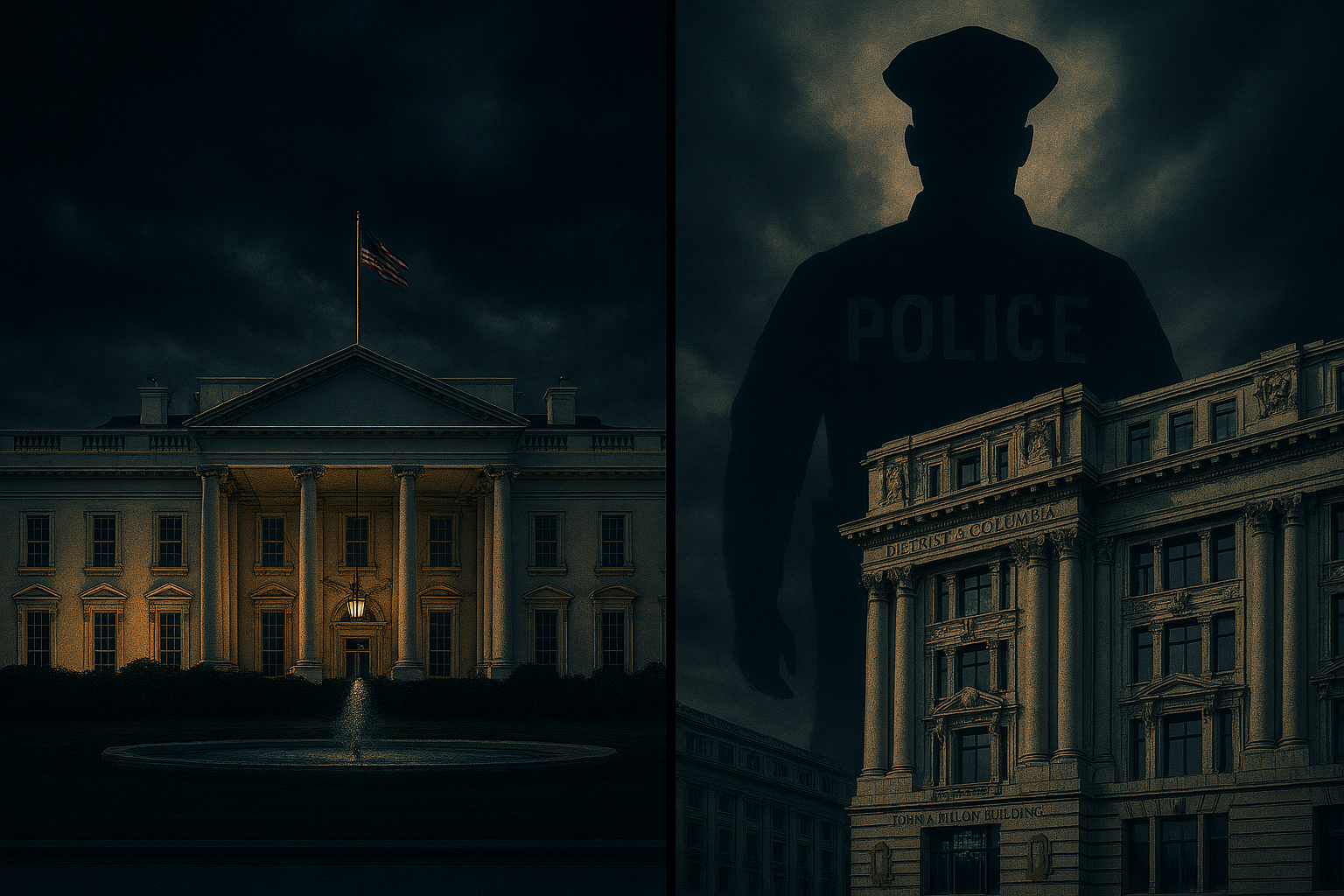
Trump Promises Unprecedented Federal Crackdown on D.C. Crime
Former President Donald Trump is vowing to launch an aggressive, federally-led crackdown on crime in Washington, D.C., if he returns to office, a move that would represent an unparalleled assertion of federal power over the city’s local affairs. Citing the capital’s alarming rise in violent crime, Trump’s proposal includes deploying federal law enforcement and potentially the National Guard to restore order. This promised Trump D.C. crime crackdown is setting the stage for a historic clash between the White House and the city’s elected officials over the fundamental right to self-governance.
The plan has ignited a fierce debate, framing Washington D.C. crime as a national issue rather than a local one. While supporters see it as a necessary intervention to make the nation’s capital safe, opponents, including D.C. officials, decry it as a politically motivated assault on home rule and a dangerous step towards authoritarianism.
A City’s Struggle, A Federal Plan
Washington, D.C., has been grappling with a significant spike in crime, particularly carjackings and homicides, which has drawn national attention and created anxiety among residents. It is this crisis that forms the justification for Trump’s proposed intervention.
The core components of the plan reportedly include:
- Deploying Federal Agents: Using federal law enforcement agencies, potentially beyond just the FBI, for street-level policing.
- Activating the National Guard: Utilizing the D.C. National Guard for law enforcement duties, a move that a president can authorize directly in the District.
- Overriding Local Prosecutors: Potentially directing federal prosecutors to take over cases typically handled by the local D.C. Attorney General.
This strategy would effectively sideline the city’s own Metropolitan Police Department (MPD) and its leadership, placing control of public safety squarely in the hands of the federal executive branch.
The “Home Rule” Collision: A Fight for Local Control
At the heart of the conflict is the District of Columbia’s unique and sensitive political status. Since the 1973 Home Rule Act, D.C. has had its own elected mayor and city council, giving it the power to govern its local affairs. However, the U.S. Congress retains ultimate authority over the city and can overturn its laws.
A federal intervention on the scale Trump proposes would be viewed by local leaders as a complete repudiation of home rule.
- Mayor Muriel Bowser and other D.C. officials have fiercely defended their right to manage their own city, arguing that they are accountable to D.C. residents, not the White House.
- They contend that a federal takeover would ignore the complex root causes of crime and destroy the crucial trust between the community and the MPD.
- “We will not sacrifice our right to self-governance,” a spokesperson for the mayor’s office stated. “The residents of the District of Columbia know best how to keep their communities safe.”
A Tale of Two Strategies: Federal Force vs. Community Policing
The Trump D.C. crime crackdown represents a philosophy of overwhelming force and federal dominance. It prioritizes immediate, visible suppression of criminal activity through a massive show of law enforcement power.
This stands in stark contrast to the strategy championed by D.C.’s local government, which focuses on a blend of traditional policing and community-based solutions.
| Trump’s Proposed Strategy | D.C.’s Current Strategy |
|---|---|
| Top-Down Federal Control | Local Control and Accountability |
| Led by federal agents/National Guard | Led by the Metropolitan Police Dept. (MPD) |
| Focus on suppression and arrests | Focus on patrol and community partnerships |
| Bypasses local government | Works with violence interruption programs |
Critics of the federal plan argue that a heavy-handed approach by outside forces who don’t know the community could escalate tensions and lead to more violence, while failing to address long-term issues like poverty and lack of opportunity.
Conclusion: A Defining Battle for the Capital City
The proposed Trump D.C. crime crackdown is more than a policy debate; it’s a potential stress test for American democracy and the principle of local control. It forces a decision between two vastly different approaches to public safety and governance. As the political landscape intensifies, the fate of Washington, D.C.’s autonomy and the safety of its residents hang in the balance, making the city a central battleground in a larger national conflict over power and ideology.

